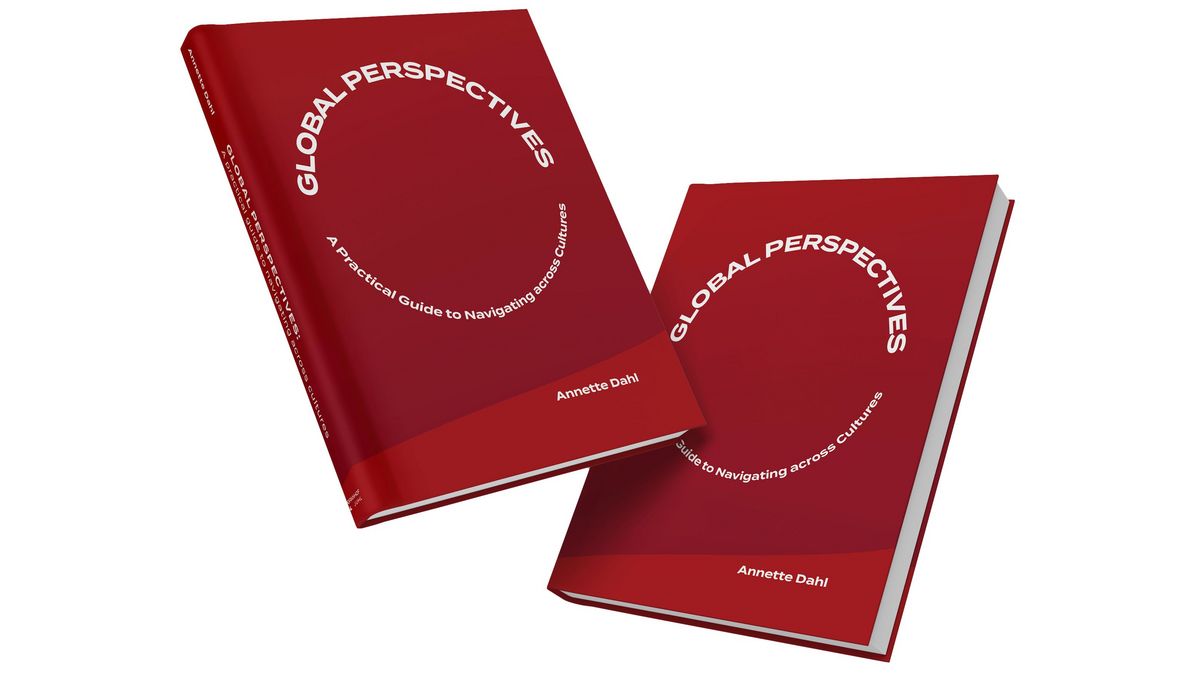
5 Questions with Peter Kryhlmand Fröhlich, Vice President, Business Support, DEIF A/S
We've asked Peter Kryhlmand Fröhlich from DEIF A/S 5 questions on his experience with global communication and collaboration.
Peter has worked with managing business support and key account organizations in globally oriented companies for several years, and cultural awareness and global leadership are among his passions.
1. Which company do you work for, and which global / international activities does your company have?
I’m working for DEIF A/S, as the main company is called. DEIF is a global supplier of green control solutions for decentralised power production, marine and offshore and wind turbines.
Our headquarters are located in Skive in Denmark, where the main part of the production also takes place. Inside DEIF Group, we are 14 subsidiaries, and our biggest subsidiary is in China. You can say that my position is global. Even though I'm based in Denmark, I work together with a lot of people around the world in our subsidiaries daily.
2. What is your job and which tasks involving collaboration across countries / cultures do you have?
I'm a vice president for the business unit Business Support in the Power and Marine division. That means I am responsible for all our sales systems like CRM, Product program, Price manager etc. - everything that is the backbone of doing business globally.
A part of my job is for example to convince subsidiary managers to use our price list control system, which we need to secure our price levels globally. 2 times a year, I spend 2 weeks in one of our subsidiaries to see how the office works and how they cooperate with the Danish headquarters, and how we cooperate with them.
3. Is having a global mindset important in your job?
5 years ago, we mentioned in our company strategy that we have a "Scandinavian mindset". But what is a "Scandinavian mindset"?
Then we changed it to a "global mindset". But then again, what is a "global mindset"?
To me, having a global mindset means that you take the most important cultural differences into consideration, when you are managing or whatever you're doing outside your own country.
The important thing is to find people, who want to work with the "global mindset". You need to have the motivation, to have interest in other cultures and be a little bit curious. There are pretty many people out there who are not Danish and definitely do not have a culture like the Danish one. Sometimes we Danes forget that when we go abroad.
At the same time, our subsidiaries around the globe need to be true to our company culture, let's call it our "DEIF mindset". The "DEIF mindset" shouldn't be a Danish mindset. Our colleagues working in Denmark still need to respect the cultural differences. But as a global leader, it is my job to act in a global context and implement a "DEIF mindset" in the different countries.
For example, there are many countries where hierarchy is important, and the employees have to go and ask the bosses, who then make the decisions. But in DEIF, we want the hierarchy to be more flat and make the right people make the right decisions. This is really important to us, so here we try to change the culture part of the hierarchy a little bit to be a more "DEIF way" globally.
4. How do you use cultural tools or methods from C3 Consulting in your day-to-day work?
I've participated in several C3 training sessions during the years, and I often use the cultural tools from C3 in my daily work tasks.
For example, I have the 4R model in mind when I visit our subsidiaries.
Earlier this year I visited 3 of our sales offices in India. The hierarchy and rank is very different from ours in Denmark, and I was aware of this, when I did interviews with employees to see how their local work conditions are. In the subsidiaries, I need to talk not only to the subsidiary managers to get the "real input" back. But if I as a Vice President ask employees of lower rank in India if they are satisfied with this and that, they'll just say "yes" to everything. So I use the 4R model to make sure that I ask the questions the right way to the right people, so that I get the right information.
Sometimes, the subsidiaries also make their own 4R model of how they see themselves. Maybe they'll say that this is how DEIF India is - and sometimes there are differences between how Indians in general act, and how DEIF in India act on these issues.
I might also show them the 4R model for Denmark, and they'll say "wauw, can your employees actually make decisions for themselves without you as the manager saying "go" for everything? That would never happen in India". In India, it is typically the manager who makes the decision. So I know if there is something where I really need an employee to make a decision, I'll first have to tell the subsidiary manager in India that this person is so much into it, that the manager needs to give the employee this responsibility.
5. What piece of advice would you give to others who are just starting to work across cultures?
Just be curious!
As a global manager, acting globally, you need to keep in mind that culture makes a difference. You should take culture into consideration, but not use it as an excuse. You need to be open and flexible, and good at listening.
Once I participated in a C3 seminar, where a group of international employees explained how they see a "Dane". It was probably the funniest workshop I've ever participated in. For example, there was someone who said: "I don't understand why you don’t pick up the phone outside your office. I've known you for 15 years now, but you don’t even pick up the phone, if I call you at 6 o'clock. I would definitely pick up the phone in the middle of the night, because our relationship is so strong".
But from a Danish perspective, we see it more as a business relationship than we see it as a personal relationship. Here Danes maybe have something to work on. To have a good relationship is quite normal in negotiations and other business interactions around the globe. Start focusing on relationships, then things will start to happen!
For example, if you have a good relationship, then you can tell someone in a polite way that "this is important for me, and let me hear what is important for you". And if these two things do not clash, then you have a deal. That's definitely a "take away", I would like to give to other companies working globally.
Do you also have some experiences to share on global communication and collaboration? If you would like to be part of our "5 questions series" with former C3 training participants, please contact us by e-mail at kontakt@c3consulting.dk or give us a call at +45 6017 0817.

